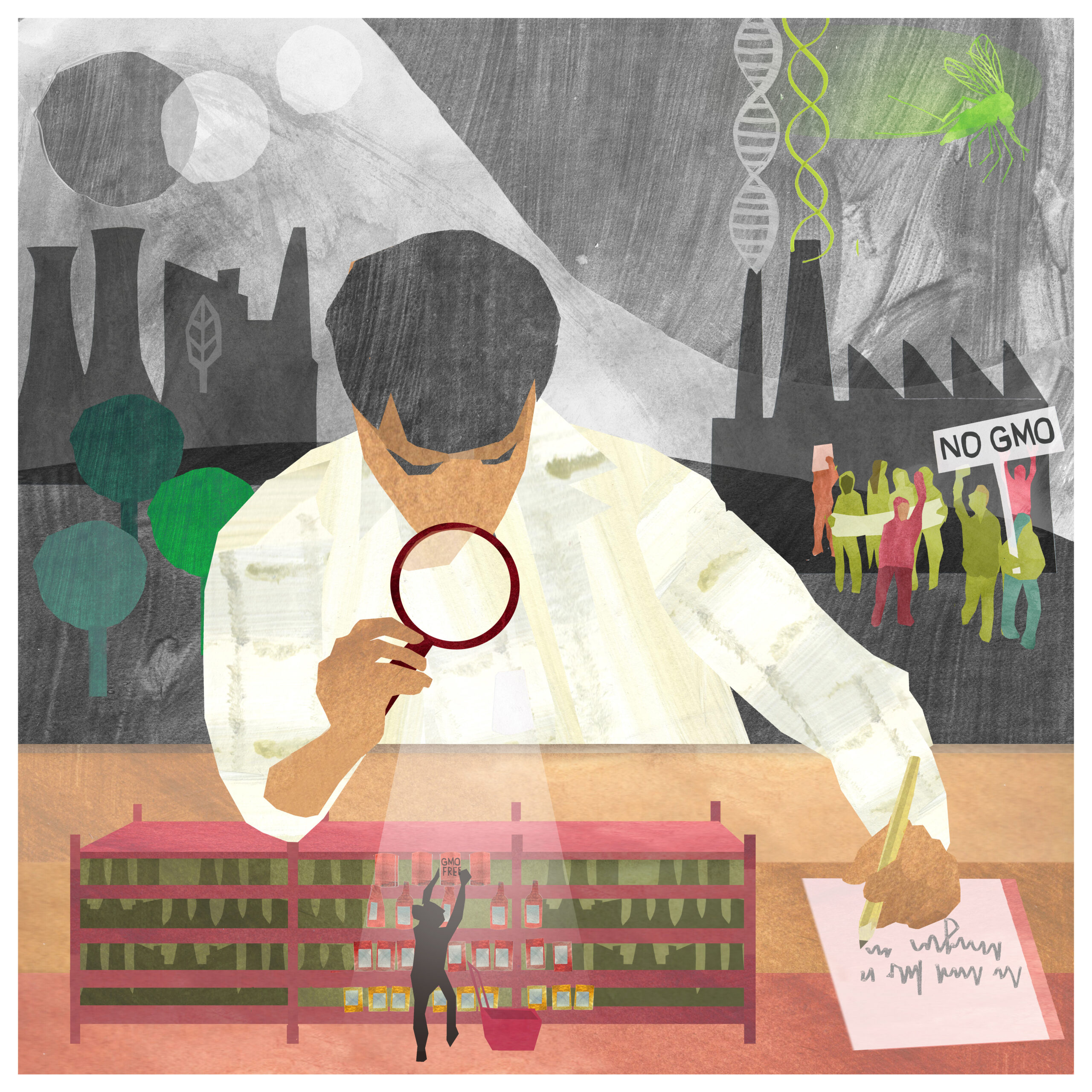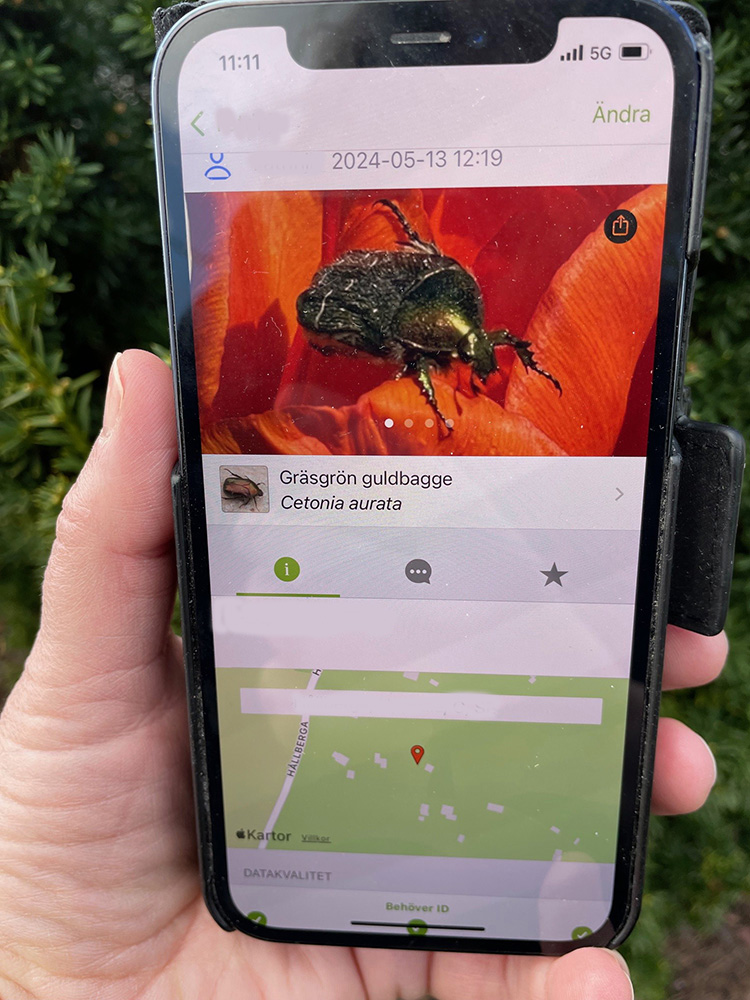Klara Fischer, a researcher within Mistra Environmental Communication has published a new paper together with Lauren Crossland-Marr Emil Planting Mollaoglu Adrian Ely Dominic Glover Matthew Schnurr and Glenn Davis Stone on Citizens as consumers. Read a summary of the article below:
What is the study about?
In research and policy, there is a common view that agricultural biotechnologies can help solve global environment and development problems, and that consumer scepticism is a major barrier to using biotechnology. As a result, much effort goes into understanding and changing consumer opinions.
We investigate how this narrow focus on publics as consumers unfolds in research and we discuss what it means for public engagement. We do this by tracing the history of public opinion research and ideas about the relations between publics and experts within technology research and policy, and by reviewing literature on agricultural biotechnologies and publics.
What did you find?
The field of economics has been particularly influential in research and policy in this field. Economics’ styles of reasoning stimulate a dominant framing of publics as individual consumers and confines attention to concerns with end products on supermarket shelves. Theories and methods focus on understanding individual perceptions, and fixed response questions limit the possibilities that researchers learn about what concerns publics actually have.
What does this lead to?
The result is that many of the issues that have been found relevant in other spheres of research for why publics are sceptical to new agricultural biotechnologies, remain ignored in this body of research. Such issues include criticism of the negative effects of a highly concentrated agricultural input sector and the resulting homogenisation of farming systems, social justice concerns, and worries about environmental uncertainties.
How could research on public opinion about agricultural biotechnologies be better at catching actual opinions?
As a way forward we suggest:
- that research in this field engages with a broader set of theories and methods that embrace publics as social and political subjects,
- that researchers are curious about the reasons behind public scepticism rather than only focusing on scepticism as a problem, and
- research and policy engagements that aim to facilitate public involvement in agricultural biotechnology discussions.
And what about the illustration?
In the picture you see a scientist preoccupied with investigating the nitty-gritties of a consumer purchasing a GMO-free packet of cereals. While focusing on this, there are lots of things going on in the world around, such as citizens protesting, multinational companies colonizing the agricultural landscape, and modified mosquitoes escaping a lab. The image is made by Quist & Quist (Karolina Lilliequist & Lisa Niane Lilliequist). You can see more of their works here: https://quistquist.com/
Read the open-access paper here.
Fischer, K., Crossland-Marr, L., Mollaoglu, E. P., Ely, A., Glover, D., Schnurr, M., & Stone, G. D. (2025). Citizens as consumers: styles of reasoning about agricultural biotechnologies and publics. Science as Culture, 1-23.






